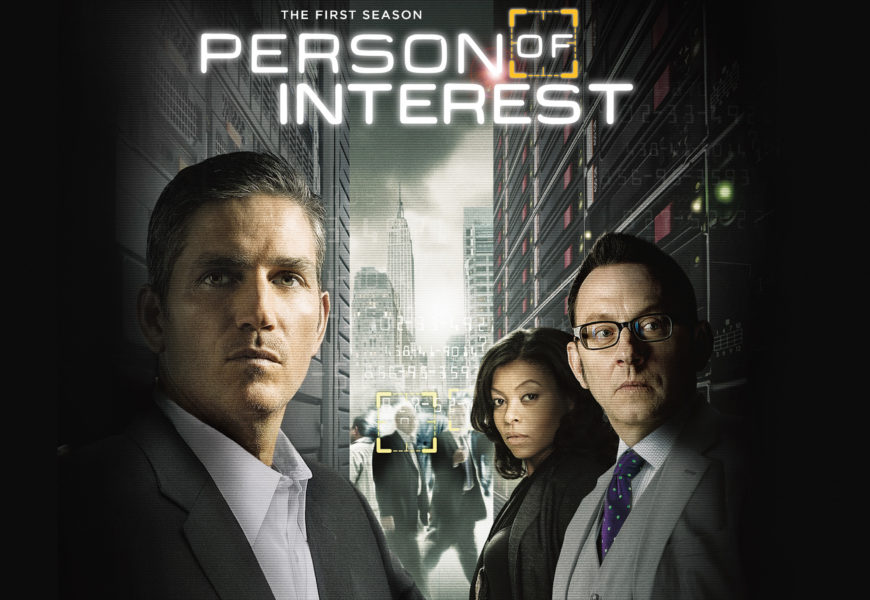In the world of television, few shows can claim to have been ahead of their time. One of the few exceptions is “Person of Interest,” a crime drama that aired from 2011 to 2016. Created by Jonathan Nolan and produced by J.J. Abrams, the show was a hit with viewers and critics alike, but its true legacy lies in the way it anticipated the issues of surveillance, artificial intelligence, and the erosion of privacy that have become central to our lives in the 21st century.
The Premise of the Show
At its core, “Person of Interest” was a crime drama following the exploits of a former CIA agent, John Reese (Jim Caviezel), and a reclusive billionaire, Harold Finch (Michael Emerson), as they worked to prevent violent crimes before they happened. The catch was that Finch had built a sophisticated artificial intelligence system known as “The Machine” that could predict these crimes before they occurred, but only if it could identify the relevant people involved.
Reese and Finch found themselves working outside the law to stop these crimes, putting them in conflict with law enforcement agencies and government officials who saw their methods as a threat to national security. Along the way, they encountered a colourful cast of characters, including a police detective (Taraji P. Henson) and a rogue government agent (Amy Acker), as they delved deeper into the mysteries surrounding The Machine and its origins.
Anticipating the Issues of Surveillance and Privacy
One of the most prescient aspects of “Person of Interest” was its exploration of the dangers of surveillance and the erosion of privacy in the digital age. The Machine was capable of gathering vast amounts of data from a variety of sources, including CCTV cameras, social media, and even private email and phone conversations. This gave Reese and Finch unprecedented access to information about potential crimes and criminals, but it also raised serious questions about the ethics of this kind of surveillance.
As the show progressed, it became clear that The Machine was not infallible and that its predictions were only as good as the data it was fed. This led to numerous ethical dilemmas for Reese and Finch, as they were forced to weigh the potential benefits of stopping crimes against the harm caused by invading people’s privacy. In this way, “Person of Interest” anticipated many debates still raging today about the balance between security and privacy in the age of big data.
Exploring the Ethics of Artificial Intelligence
Another theme that “Person of Interest” tackled head-on was the ethics of artificial intelligence. The Machine was not just a tool for predicting crimes; it was also capable of learning and adapting to new situations. This led to several intriguing storylines as Reese and Finch grappled with whether The Machine was truly sentient and could be trusted to make ethical decisions.
At the same time, the show explored how artificial intelligence could be used for good or evil, depending on who controlled it. Reese and Finch were not the only ones interested in The Machine, and over the course of the series, they had to contend with various villains who sought to use its power for their ends. This highlighted the need for ethical oversight and regulation of emerging technologies like AI, another issue that has become increasingly relevant in recent years.
A Show That Was Ahead of Its Time
In many ways, “Person of Interest” was a show that was ahead of its time. It tackled complex themes and issues that are still relevant today, nearly a decade after the show aired. Its exploration of the dangers of surveillance and the ethics of AI were groundbreaking at the time and have only become more pressing in the years since.
But beyond its prescience, “Person of Interest” was also a highly entertaining and well-crafted show. The writing was consistently sharp and thought-provoking, and the performances by the cast were top-notch. Jim Caviezel and Michael Emerson had excellent chemistry as Reese and Finch, and their complex relationship was one of the series highlights. The supporting cast was equally strong, with Taraji P. Henson and Kevin Chapman providing excellent support as Reese’s allies in the NYPD.
The show also had a distinctive visual style, with its use of surveillance footage and other high-tech imagery giving it a sleek, futuristic look. The action scenes were well-staged and exciting, but the show’s quieter moments of character development set it apart from other crime dramas.
Unfortunately, “Person of Interest” was not without its flaws. The show’s overarching plot sometimes felt convoluted and overly complex, and some later seasons suffered from pacing issues. Nevertheless, the show’s strengths far outweighed its weaknesses, and it remains a standout example of a television series that was both entertaining and thought-provoking.
Conclusion
“Person of Interest” may not have been a rating juggernaut during its original run, but its legacy has endured long after the final episode aired. Its exploration of the ethics of surveillance and artificial intelligence was years ahead of its time, and the issues it raised have only become more relevant in the years since. With its excellent writing, strong performances, and distinctive visual style, “Person of Interest” remains a must-watch for crime dramas and science fiction fans.
